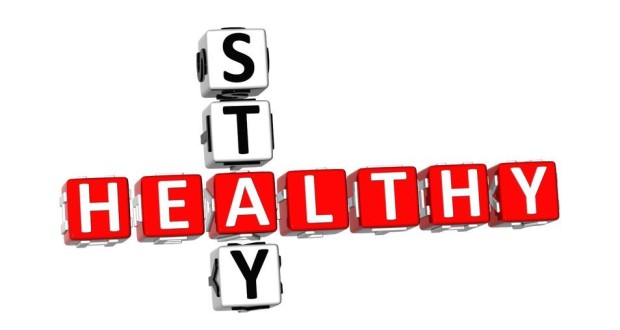Maybe you just haven’t been feeling like yourself lately and have brushed it off. Maybe you’ve told yourself “I’m just tired” or “I’ve been overdoing it lately”. You may want to keep reading and take a good look at the symptoms below. They may seem minor but could be an indicator of adrenal fatigue, also called Addison’s disease, which can cause muscle and bone loss, autoimmune disorders, and dozens of other health concerns. It can even be life threatening.
- Fatigue and weakness
- Body aches
- Unexplained weight loss
- Moodiness or depression
- Insomnia
- Skin problems
- Low blood pressure
- Lightheadedness
- Loss of body hair
- New, persistent or excessive craving for salt
If you have one or more of these symptoms, it very well may be that your adrenal glands are not producing hormones at the adequate amounts. The adrenal glands are orange-colored endocrine glands which are located on the top of both kidneys and serve as important manufacturing centers for many of the body’s hormones. Each gland produces adrenaline and noradrenaline, the hormones named after them and several other hormones, including cortisol, as well as dehydroepiandrosterone, (DHEA), estrogen, progesterone, and testosterone.
Adrenal Insufficiency or Addison’s Disease refers to inadequate production of one or more of these hormones as a result of an underlying disease. Chronic stress can cause adrenal insufficiency as the glands can’t maintain their hormone levels because of demands of perpetual fight-or-flight arousal. As a result, they can’t produce quite enough of the hormones you need to feel good. Adrenal insufficiency can be diagnosed by blood tests and special stimulation tests that show inadequate levels of adrenal hormones. Addison’s disease occurs in all age groups and affects both sexes.
Stress and the Adrenal Glands
Unlike our ancestors, who ran into the occasional stimulation and stress scenario, we live in almost constant state of stimulation and stress. Instead of meeting occasional, acute demands followed by a period of rest, we’re constantly over-worked, under-nourished, over-stimulated, under-rested, exposed to environmental toxins, worrying about others, money, and work. Each challenge to the mind and body creates a demand on the adrenal glands. The result is adrenal glands persistently on “high-alert.”
The Negative Effect of High Cortisol Levels
In its normal function, cortisol helps us meet these challenges by converting fats and proteins into energy, keeping us alert, balancing electrolytes, calibrating heart beat and pressure, and counteracting inflammation. Temporarily, that’s great — even protective and restorative. But sustained high levels of cortisol will gradually wear your body down. Sustained high cortisol levels:
- Destroy healthy muscle and bone
- Slow down healing and normal cell regeneration
- Takes over parent molecules needed to make other vital hormones
- Impair digestion, metabolism and mental function
- Interfere with healthy endocrine function; and
- Weaken your immune system.
Those with mild to moderate adrenal imbalance can gain significant improvement through these simple steps:
- Eat more nutritious foods, cut down on refined carbohydrates, and cut back on stimulants
- Reduce stress, exercise in moderation, and take more time for yourself
- Get more rest – your body needs down time!
- Consider nutritional supplements that support adrenal function. Start with a high quality multivitamin – mineral complex rich in stress vitamins, minerals, and essential fatty acids. In addition, these medicinal herbs will help with adrenal imbalance:
Astragalus Root – Assists the body with handling stress, while simultaneously bolstering the immune system. This has the double benefit of keeping you in good health while your blood sugar remains at normal levels.
Eleuthero (Siberian Ginseng) – an adaptogenic herb that can help protect against the negative effects of stress, while decreasing fatigue, enhancing mental clarity, helping to balance blood sugar
Cordyceps – an antioxidant fungus that can slow aging and relieve the adrenals by supporting the immune system, balancing the inflammatory response, and helping to stabilize blood sugar
Rhodiola Rosea (“Golden Root”) – an adaptogenic herb that protects against stress-related fatigue, increases mental clarity; offers immune and blood sugar support and has anti-depressant and anti-anxiety effects
Licorice Root – aids in increasing energy and endurance. Note: certain forms of licorice can increase blood pressure and lower potassium and should be used with care and guidance or under the care of an herbalist
For more serious cases of Addison’s disease, treatment may involve taking hormones to replace the insufficient amounts being made by your adrenal glands, in order to mimic the beneficial effects those naturally made hormones would normally produce.
 Natural Knowledge 24/7 Educate yourself with nutrition, health and fitness knowledge.
Natural Knowledge 24/7 Educate yourself with nutrition, health and fitness knowledge.






